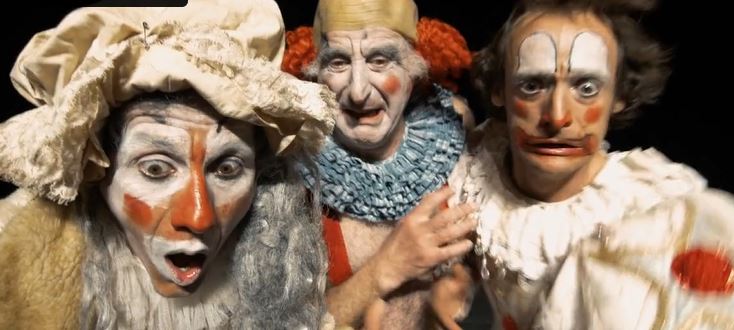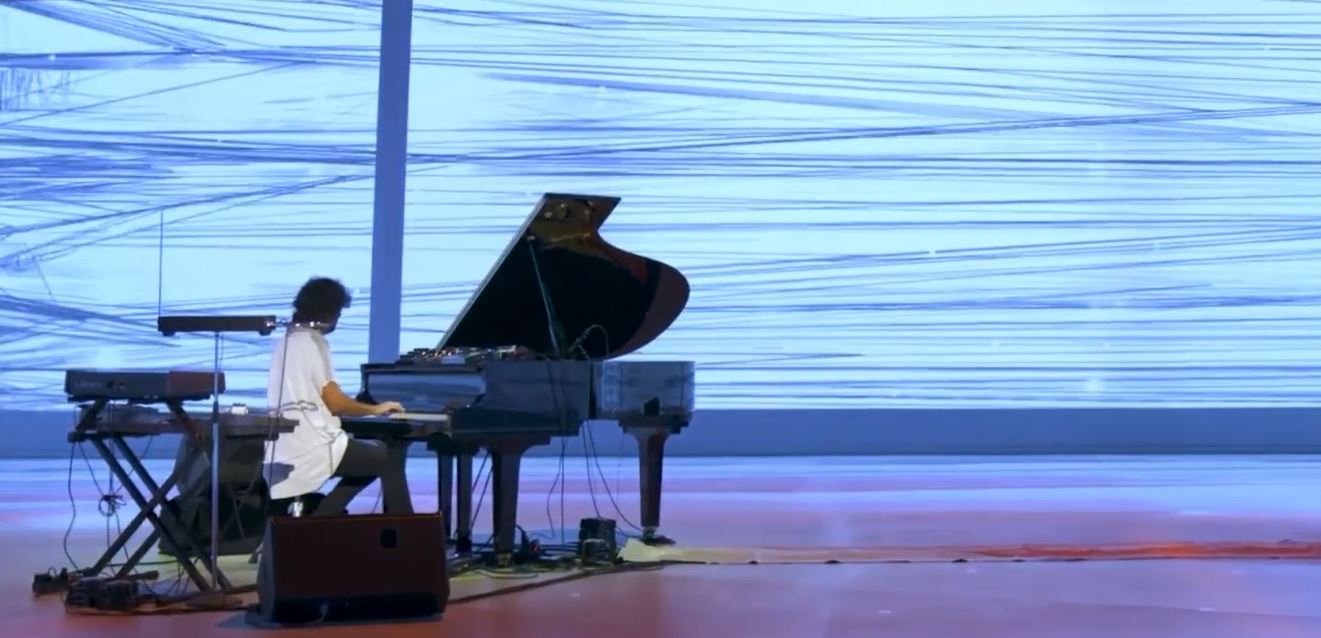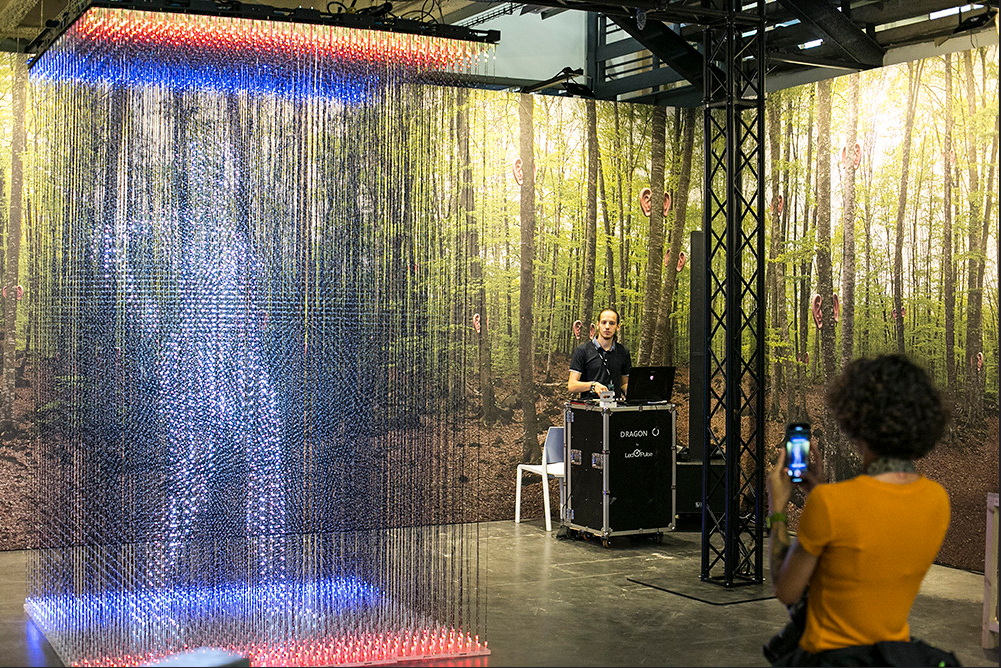
Cultural heritage coordinator
Other denominations
Social, cultural and tourism facilitator
Description
Cultural heritage refers to the set of cultural assets and values that society recognizes as part of its identity, such as history, tradition, popular culture, and manifestations or art in all its aspects. Thus, cultural heritage coordinators define, plan, coordinate and disseminate projects and actions with the aim of revitalizing this heritage. To do so, they carry out attractive proposals and respectful management, which allow achieving a social and economic profitability of heritage assets.
These professionals manage cultural resources that analyse and catalogue once they identify them, and study their possibilities and transform them into proposals and informative activities. This involves a broad and in-depth analytical process, the goal of which is to identify more traditional or even mundane attractions which may in turn be converted into new, alternative ideas in terms of the approach to the attractions of a given area. However, these professionals must know the current context and be up to date with new tourist trends so that these proposals are attractive, integrating them with the most standard experiences to achieve activities and experiences that disseminate cultural heritage in a satisfactory way.
Tasks
- Analyse the tourist attractions of a place and their scope, whether limited or large, in order to assess the prospects and feasibility of each of these.
- Analyse available resources and the variables of the project, such as what is its objective, what budget is available, what facilities are available, what type of tourist would use the establishment, what area the establishment is located in and what type of establishment it is.
- Identify possible problems and their solutions, establishing priority action plans.
Design actions and eses based on this heritage.
- Define the activities programme, adapting them to the visiting groups and collectives, respecting their needs, the diversity and the peculiarities of the territory.
- Define supporting educational materials for the different groups of visitors.
- Organise, coordinate and assess cultural entertainment and special events.
- Integrate heritage-based resources into the school curriculum.
Manage human, economic and material resources.
- Manage the resources required to develop activities.
- Draw up annual budgets for carrying out the planned activities. Budget costs and keep the operating books before, during and after the project.
- Supervise and evaluate the work of personnel.
- Manage computer equipment for its teaching and social use.
In charge of planning promotional and diffusion strategies.
- Promote and project a brand image to highlight the offering.
- Promote and promulgate scheduled activities.
- Take sustainability criteria into account at all times, assuring that actions respect heritage resources and local identity.
- Establish a system for assessing the results of actions and adjust if these do not meet the targets laid out in the project.










 | Catalan | Beginner
| Catalan | Beginner | English | Advanced
| English | Advanced
 Open
Open




 | English | Beginner
| English | Beginner


